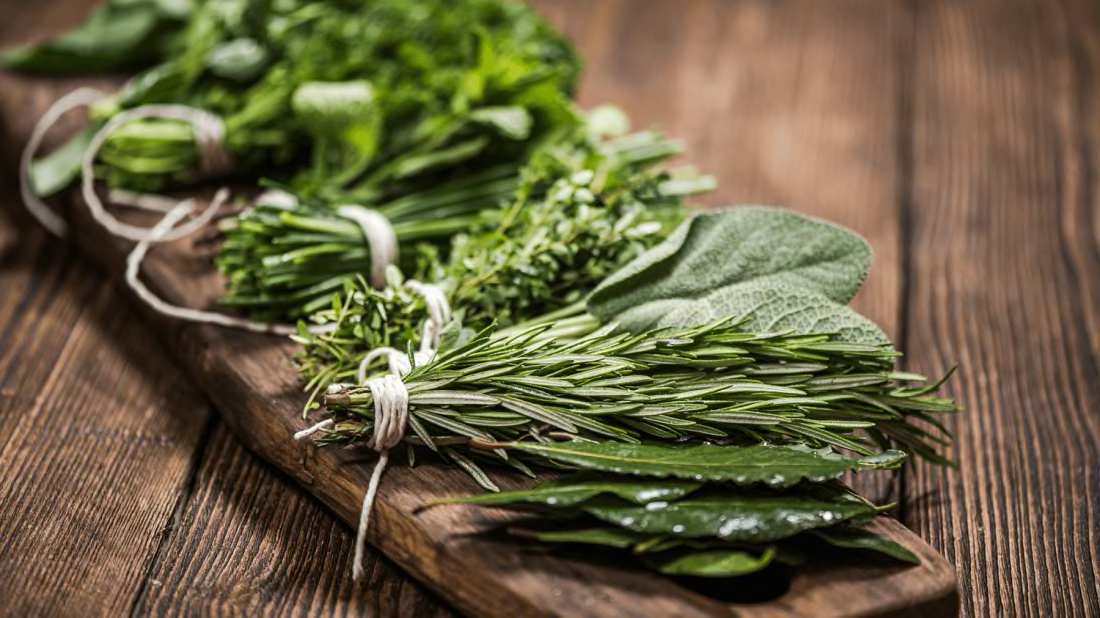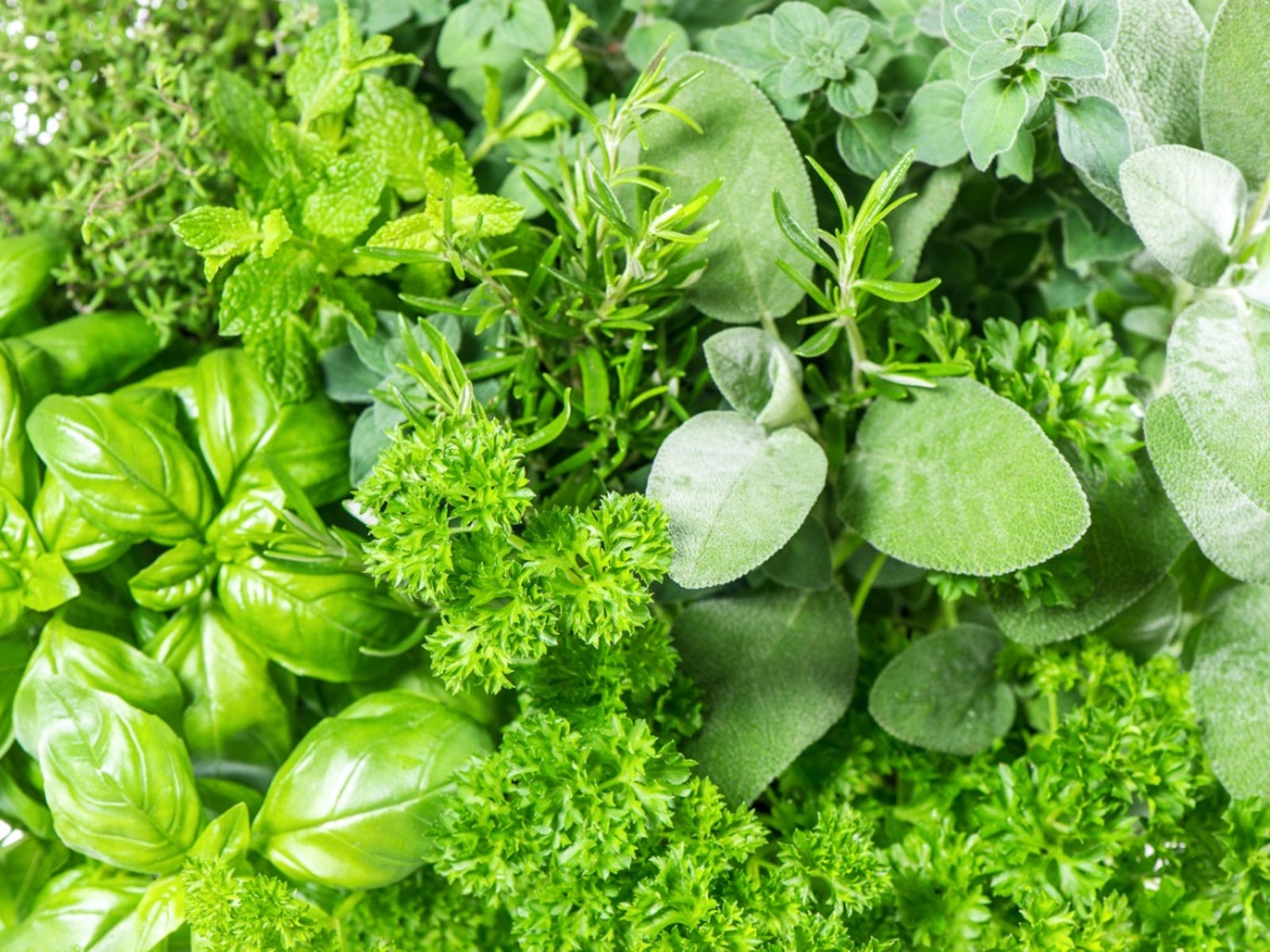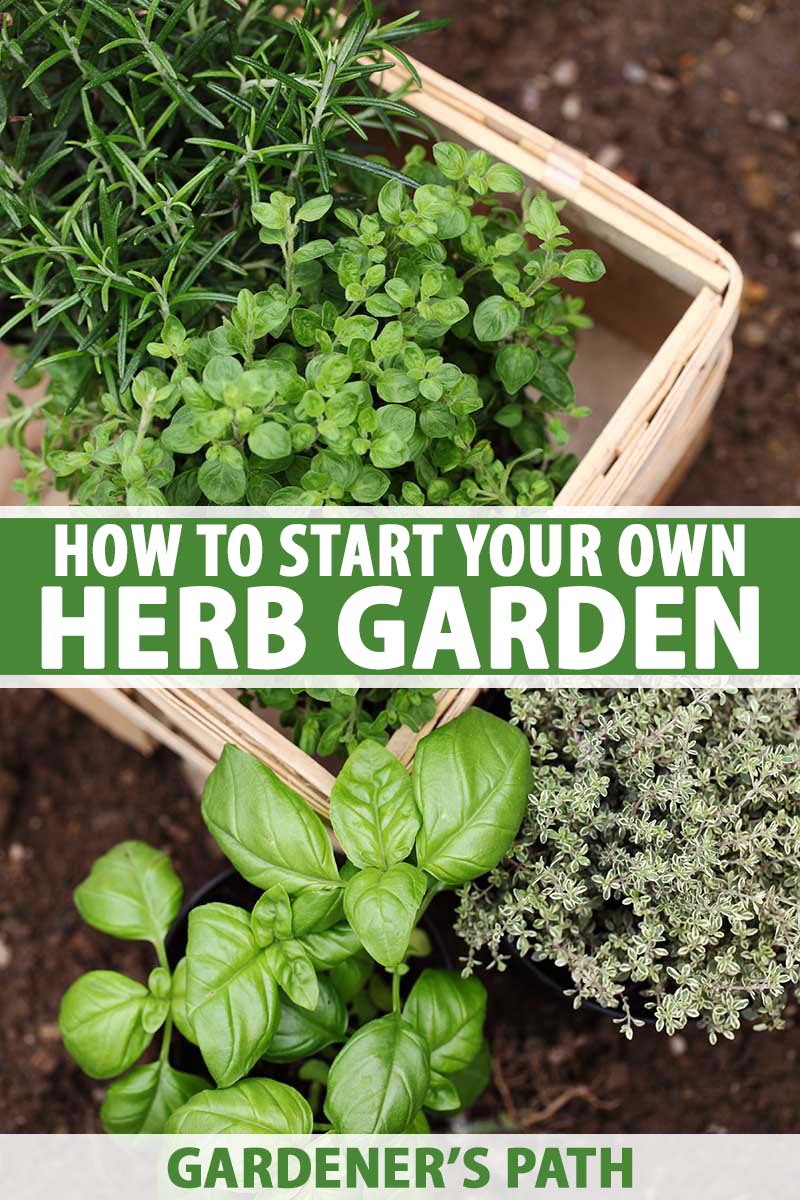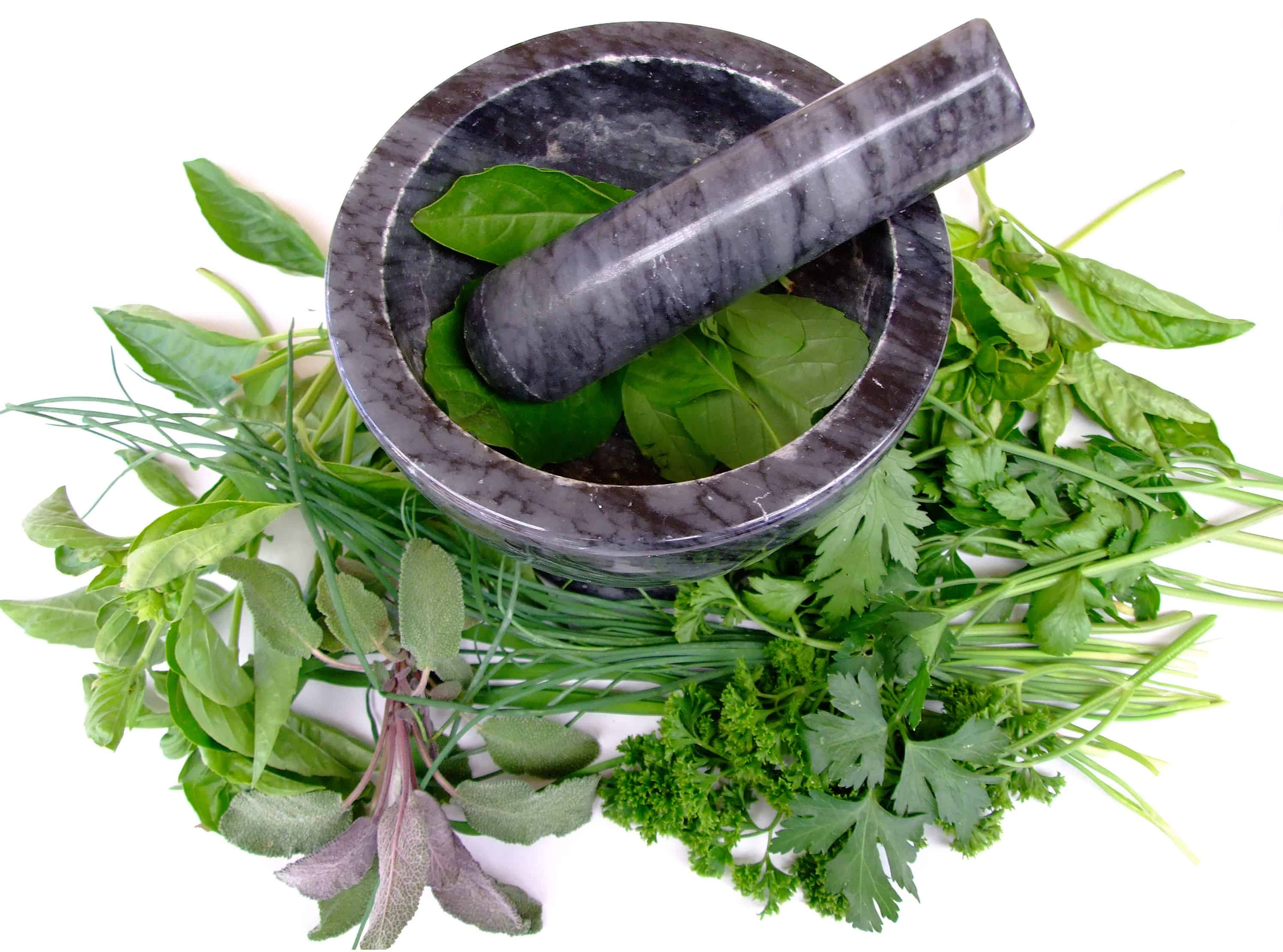For now, love yourself and enjoy this one ...
Frequently Asked Questions
What are the disadvantages of using herbs?
Herbs are a great way to keep your body healthy because they contain vitamins, minerals, antioxidants, enzymes, amino acids, phytonutrients, polyphenols, flavonoids, terpenes, essential oils, carotenoids, sterols, and sterolins. Some even contain cannabinoids.
But there are also lots of side effects associated with herbal remedies. For example, taking too much herb could cause liver damage or even death. Herbal supplements may interact with prescription drugs, which means that they might affect how well the drug works.
Some herbs can interfere with blood clotting, while others may increase bleeding when taken with anticoagulants (blood thinners).
There are also safety concerns for pregnant women and children.
The bottom line is that herbs aren't safe for everyone. If you're considering trying them out, do your homework. Look up each product's side effects and warnings and read reviews online.
What plant helps with infection?
There are plants out there that help fight infections. Some even contain anti-bacterial properties. One of them is mint.
Mint has been used for centuries to treat respiratory infections such as cold symptoms and flu. Mint also supports digestion and relieves gas pains. You may find relief with peppermint tea if you have an upset stomach. Peppermint oil has antibacterial properties, which make it effective against germs.
Peppermint tea contains menthol, beta-carotene, vitamin C, calcium, magnesium, iron, and potassium. These nutrients support healthy immune systems and provide energy to keep your body strong.
You can make peppermint tea at home by adding one teaspoon of dried mint leaves to boiling water. Let steep for five minutes and drink hot three times per day.
Or you can buy peppermint tea bags at any grocery store. Simply add two teaspoons of dried mint leaves to a cup of hot water. Steep for 10 minutes and strain. Drink hot three times per day for best results.
Should You Use Herbs and Spices for Brain Health?
Herbs and spices have been used for centuries to improve brain health. Research shows that these natural remedies may help prevent dementia and Alzheimer's. Some herbs may even boost memory.
However, no scientific evidence proves that eating an herb-rich diet can keep your mind sharp. When it comes to improving cognitive function, there are more effective ways to do it.
One study found that older adults who took 1000 mg of vitamin B6 daily had fewer mental lapses than those taking placebo pills. Another study showed that drinking coffee could increase blood flow to the brain. Other studies suggest that exercise, socialization, and sleep improve brain health.
The bottom line is that herbs and spices probably won't make much difference to your overall health. But they might give you extra energy and focus, which can come in handy during the day.
What is the difference between basil and oregano?
Both of these herbs belong to the Lamiaceae family. They share similar flavors, but the differences are obvious.
Oregano is more pungent than basil. It also adds an extra layer of flavor to foods.
Basil leaves are smaller than oregano leaves. They are also softer and less aromatic.
The two herbs are often used interchangeably. Although they are quite similar, each has its distinctive qualities.
Statistics
- The herbs market is highly competitive, with over 1,000 herb suppliers and over 15,000 herbs products available in the United States alone.
- Herbs are among the most popular and widely used medicinal remedies. According to a survey conducted by the National Institutes of Health, herbs were used by over 38% of adults in the United States.
External Links
[TAG29]
- Peppermint oil (Mintoil®) in the treatment of irritable bowel syndrome: A prospective, double-blind placebo-controlled randomized trial
- Curcumin reverses the effects of chronic stress on behavior, the HPA axis, BDNF expression, and phosphorylation of CREB
[TAG32]
[TAG35]
[TAG37]
How To
How do I know if my herbs have been treated with pesticides?
If you see a pesticide label on your herbs, the plants were sprayed with chemicals before being sold to you.
These chemicals harm human health and could cause cancer or other serious illnesses.
Unfortunately, this practice has become common around the globe. Many countries allow farmers to spray their crops with pesticides without proper regulation.
In order not to harm themselves, consumers should always ask about the source of their produce. If it comes from a farmer near you, it’s safe to assume it was not treated with pesticides.
However, there are still ways to ensure that your herbs are free from harmful chemicals.
However, if you want to ensure that your herbs aren’t contaminated, you can purchase organic herbs directly from the farm.
This way, you won’t need to worry about the safety of your herbs. You can trust that they weren’t exposed to harmful chemicals.
Resources:
 |
[TAG39]Join us on a fascinating journey into the world of herbal medicine and discover how certain plants can help combat brain fog. In this video, we explore the |
 |
[TAG40]"WARNING: Poor leg circulation could be quietly ruining your life! Discover the ANCIENT HERBS that could save your legs and supercharge your blood flow. Don’t |
 |
[TAG41]Sponsor by WAMA - Hemp Underwear https://wamaunderwear.com/?rfsn=7013637.b25b8ac&utm_source=refersion&utm […] |
 |
[TAG42]Join Amir for a Special Middle East Update on the War in Israel. |
 |
[TAG43]Shopping for herbs and honey |
 |
[TAG44]Join local Knowledge Keepers from the community of Pine Creek in the harvesting of medicines such as wihkes, sweetgrass and sage. As well as balsam and poplar |
 |
[TAG45]Learn herbs from respected professional herbalists offering world-class herbalist training. The NEW Professional Herbalist Course includes courses on over 600 |
 |
[TAG46]Are you struggling to find a solution to your heavy menstrual bleeding? Join us as we explore the many benefits of using herbs to treat heavy menstrual |
 |
[TAG47]#wholesale #karachi #oil #salajit #honey #pansari Wholesale Pansar Shop | Herbs, Honey, Salajit, Murabba, | Organic Cold Pressed Oils @PakistanLife |
 |
[TAG48]Samhain marks the Celtic New Year and I am getting into the spirit of things, making plans and doing some deep cleaning. I want to face into winter with my |
 |
[TAG49]Got to hang out with my friend Billy for a bit on Friday and on Saturday my parents had a big yard sale getting ride of stuff they don’t need |
 |
[TAG50]Read about our list of the best citrus bergamot supplements and how they may help to reduce cholesterol levels, balance blood sugar levels, and more. |
 |
[TAG51]SPONSORED CONTENT When it comes to finding the best herb suppliers, there are many different places you can shop. However, ... Read more |
/various-fresh-herbs-907728974-cc6c2be53aac46de9e6a4b47a0e630e4.jpg) |
[TAG52]Find out more about herbs and how to use them |
 |
[TAG53]Black seed oil is a popular herbal supplement used to improve blood sugar, support heart health, reduce inflammation, enhance brain ... Read more |
 |
[TAG54]Join me in this new episode as I’m sharing five medicinal benefits of hops, as well as an interesting way for you to work with hops in a hops oil recipe. |
 |
[TAG55]In this episode, I’m sharing five steps to take so that when you do commit to a particular course of study, you’ll know you’ve chosen the very best one for YOU. |
 |
[TAG56]Weight loss can be a great way to manage your overall health, especially if you want to reduce your risk ... Read more |
 |
[TAG57]Have you ever wondered how to become an herbalist? Herbalism is the art and science of using herbs for health. ... Read more |
 |
[TAG58]In this episode, you’ll learn all about holy basil benefits for your heart, immune system, brain health and so much more. And don't miss my new ebook! |
 |
[TAG59]Like life, tea is what you make of it and The Cup of Life helps individuals enjoy tea in more than one way. Join me on my tea adventures through my blog! |
 |
[TAG60]Cleavers (Galium aparine) go by many other names, including goose grass, catch weed and sticky willy, owing to cleavers many sticky hairs that give it its |
 |
[TAG61]The gifts of bee balm include promoting digestion, helping you recover from colds and the flu, fighting fungal and yeast infections… and many more! |
 |
[TAG62]Find out how to make a marshmallow root tea recipe for the best marshmallow root benefits and experience one of our most healing and soothing medicinal herbs! |
 |
[TAG63]Water retention, known as edema, is swelling in parts of your body. It’s caused by fluid buildup in body tissues. You can experience water retention in your |
:max_bytes(150000):strip_icc()/How-Much-Is-a-Bunch-of-Herbs-Supposed-to-Be-2x1-1-a3458d7c79c4441d8ba1ba49158a6460.png) |
[TAG64]Borage (Borago officinalis) also known as starflower originated in the Mediterranean area. It grows up to 2 ft tall with fuzzy leaves, stems and blue drooping |
[TAG65]
Lion’s mane mushroom (Hericium erinaceus) is a unique edible large shaggy fungus which looks like a grown lion’s mane. It has been used in East Asia for
 |
[TAG66]A tea assessment platform that rates teas based on objective quality markers and a sensory evaluation resulting in a list of the best teas produced each year. |
 |
[TAG67]Elderberry syrup is immune enhancing and protective against colds and flu. It’s one of my favorite natural remedies for avoiding or beating the flu. These flu |
.png)





